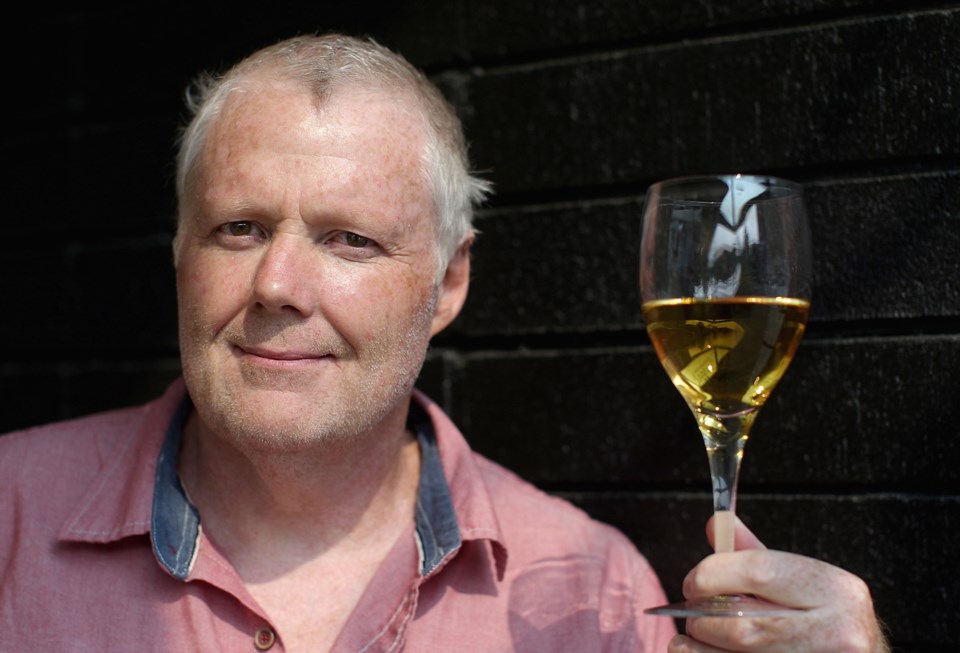A new two-year study launched this summer on Vancouver Island aims to take the guesswork out of grapes and help vintners around the world improve the quality of their wine.
The study, directed by John Volpe, associate professor at the University of Victoria’s School of Environmental Studies, will utilize spectrometry technology and molecular analysis to determine the perfect time to harvest grapes.
Right now most winemakers around the world decide to harvest based on the sugar ripeness of the grape, but Volpe notes that is a guessing game as it may not reflect a grape’s “physiological ripeness.”
“Sugar ripeness continues to rise so long as the grape remains on the vine, while physiological ripeness, or the ripeness that develops the intensity and flavour, peaks and then drops off,” Volpe said, noting their $82,500 study intends to identify the markers winemakers can look for to indicate physiological ripeness.
That could have a massive impact on growing regions like Vancouver Island, where producers tend to have small vineyards and little room to experiment, and need to make the most of their harvest.
“Because they are so small, their tolerance for risk is very low,” said Volpe, noting the study is about improving the odds for wine producers by ensuring they can harvest at the best possible time.
The study will be conducted at Blue Grouse Estate Winery in Duncan, and Unsworth Vineyards and Enrico Winery in the Cowichan Valley, using pinot gris grapes.
“This is an exciting opportunity to bring scientific rigour and analysis to measuring ripeness parameters and to learn how they vary with viticulture practices,” said Lamont Brooks, president of the Wine Islands Growers Association. “This important new knowledge will allow our winery businesses to continue to produce and improve the crisp aromatic wines so characteristic of our growing area.”
The Wine Islands now boasts 40 wineries and cideries on Vancouver Island and the surrounding Gulf Islands as members.
And the reputation of the region as a wine producer is steadily improving, said Volpe, a trained sommelier.
He notes that maturity is one of the reasons to do the study on the Island. “The industry here on Vancouver Island has reached a point of development where they catch attention and they are eager to support research,” he said. “They are now at a size where they can start doing larger scale work that will benefit Island growers, but this particular study is geared to benefit all growers.”
At the same time, he believes it could plant a bit of a flag for the Island wine-producing region and improve its profile with wine lovers.
Though this study intends to take some of the guesswork out of the process, Volpe does not see it as a threat to the romance or magic of the wine -making traditions.
“At the end of the day, you still have winemakers using their best estimates,” he said. “All we’re doing is providing a bit more insight into it — if you do this, then this is what is going to happen.”
The first data will be collected this summer, with preliminary findings presented next spring. The study wraps up in 2020.



